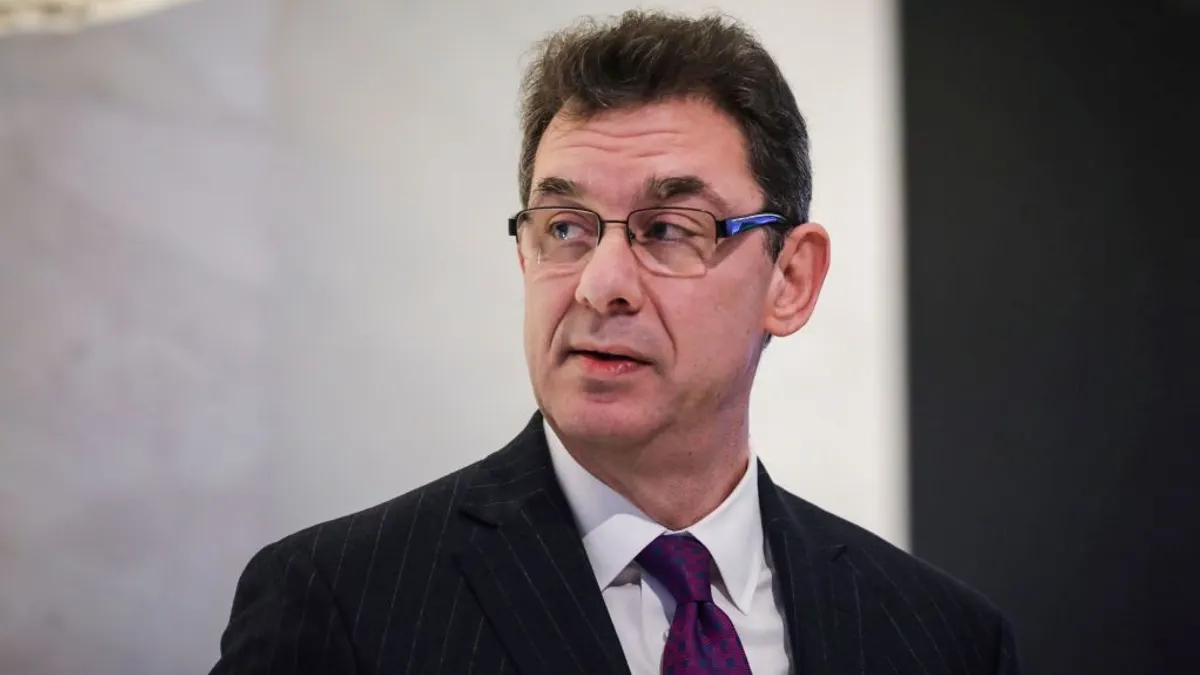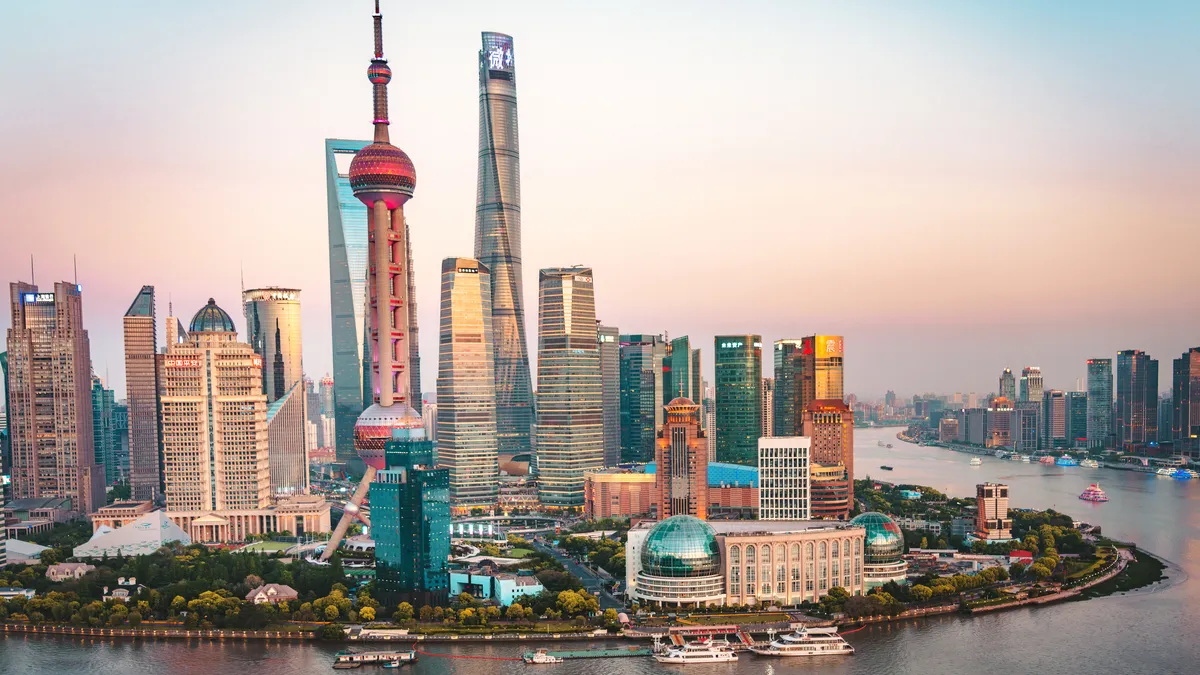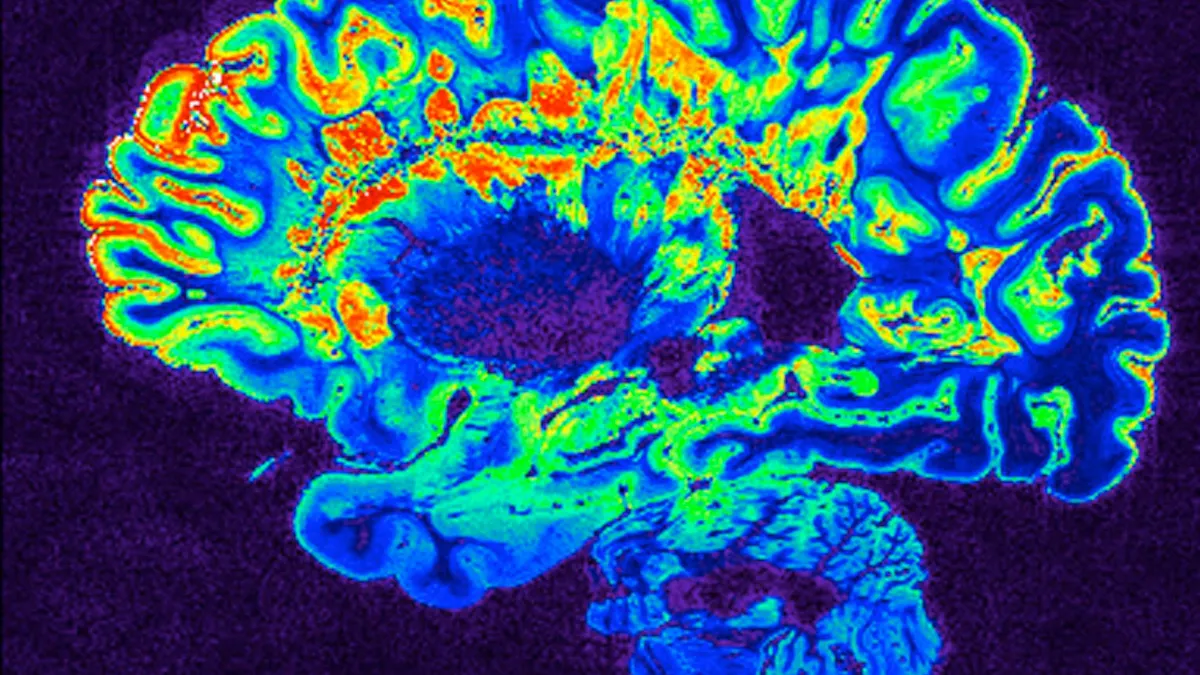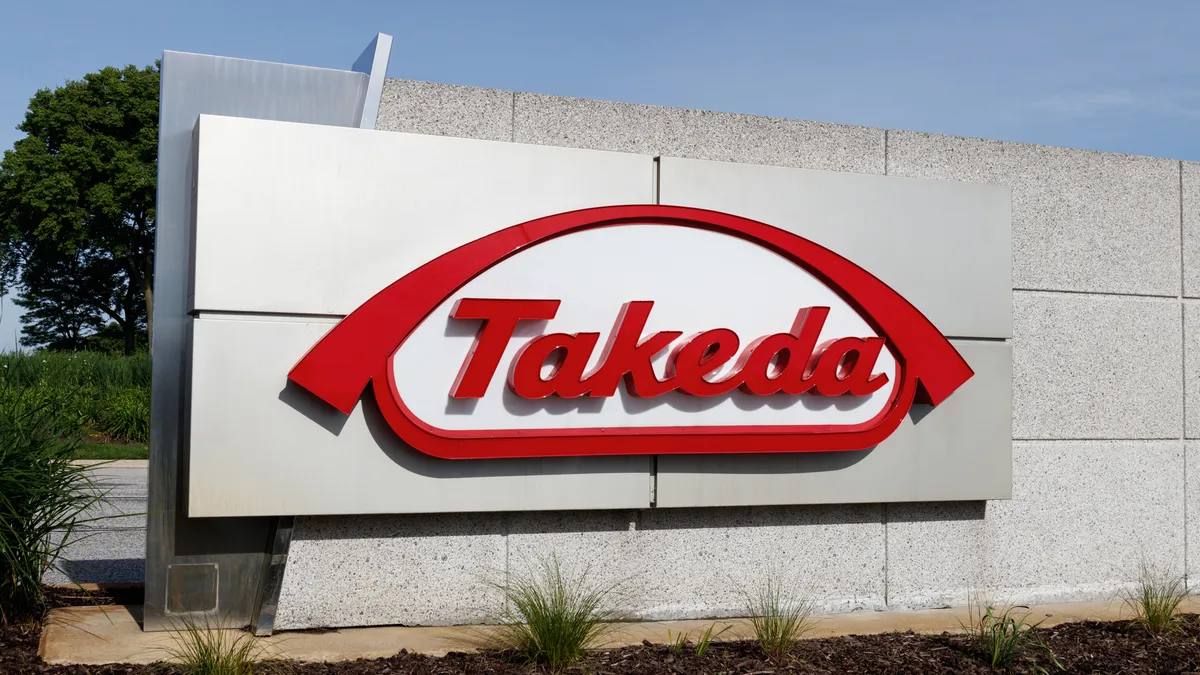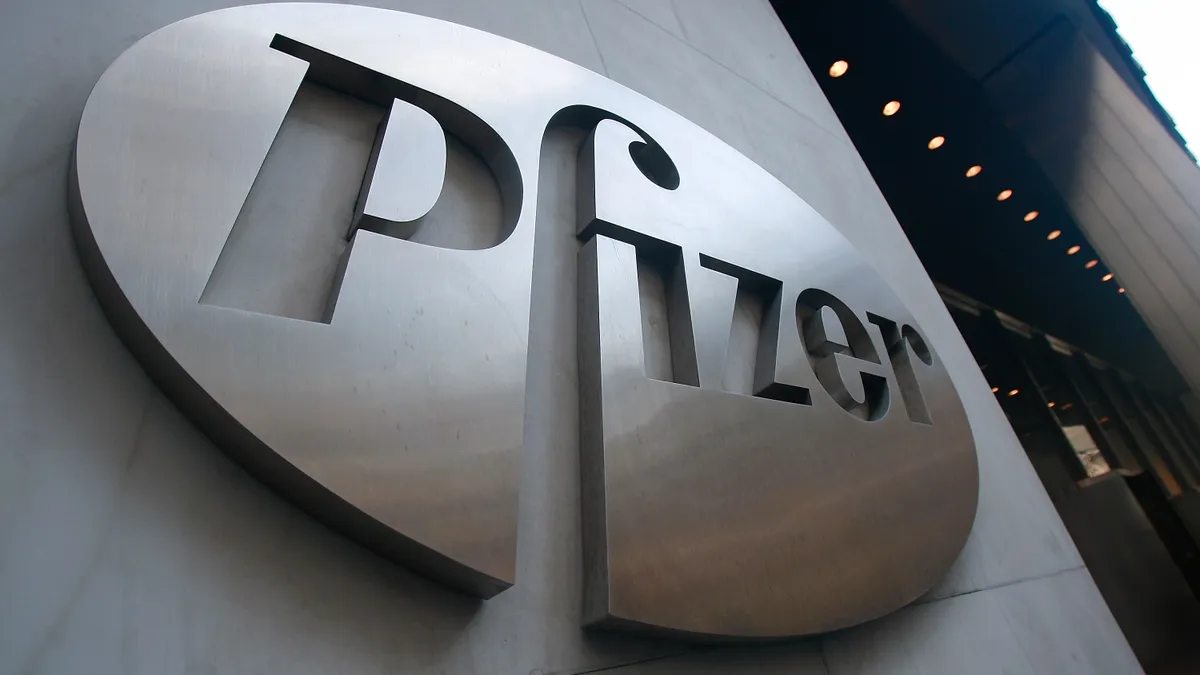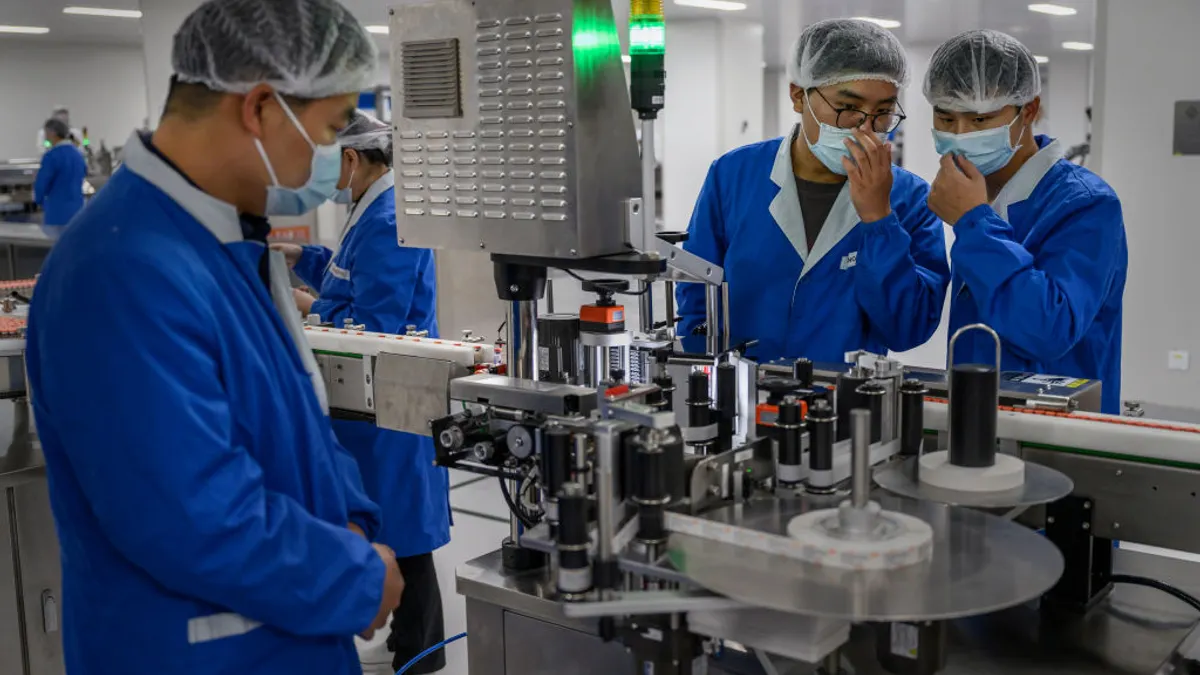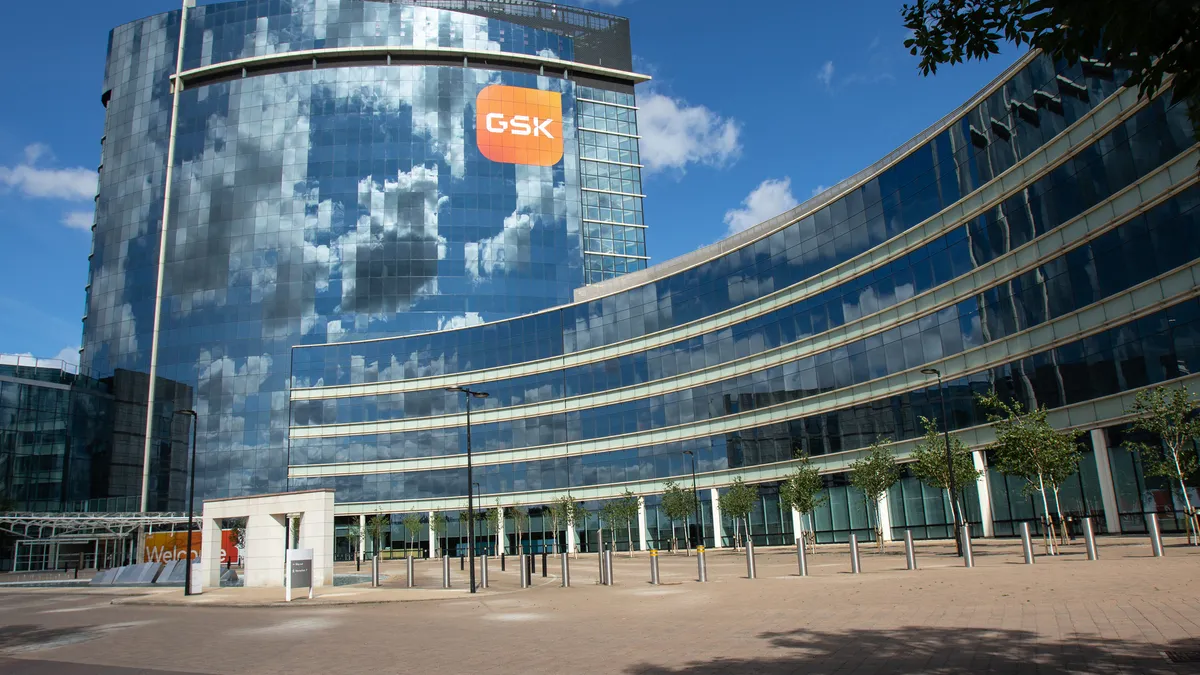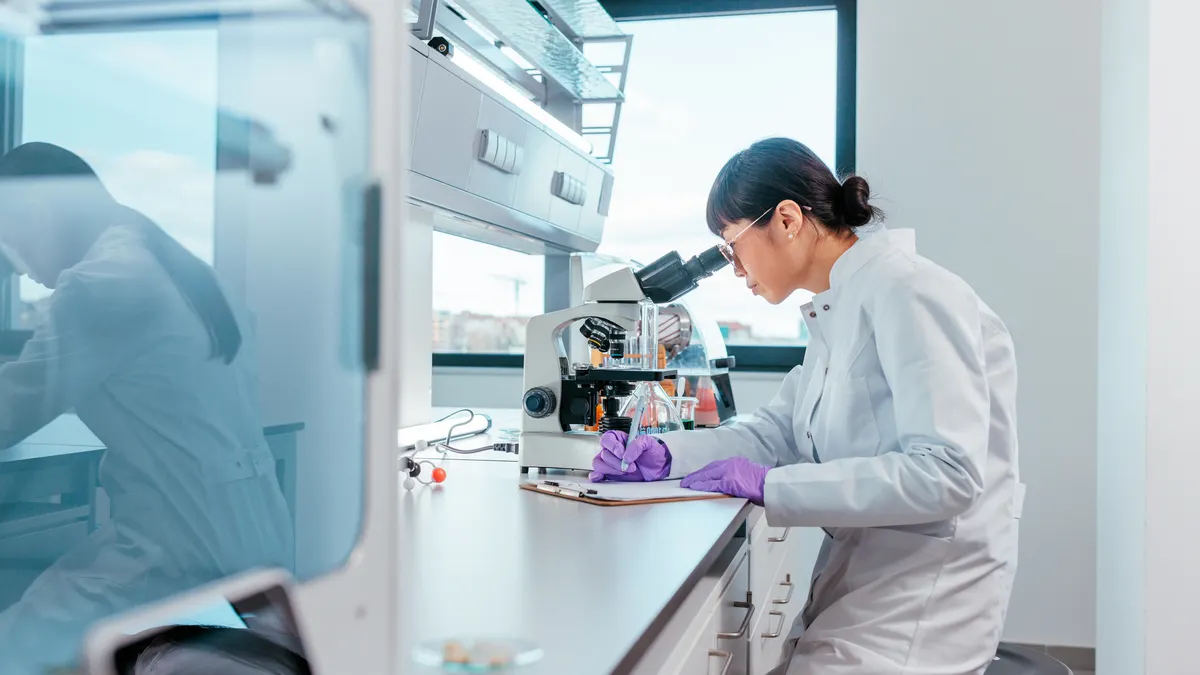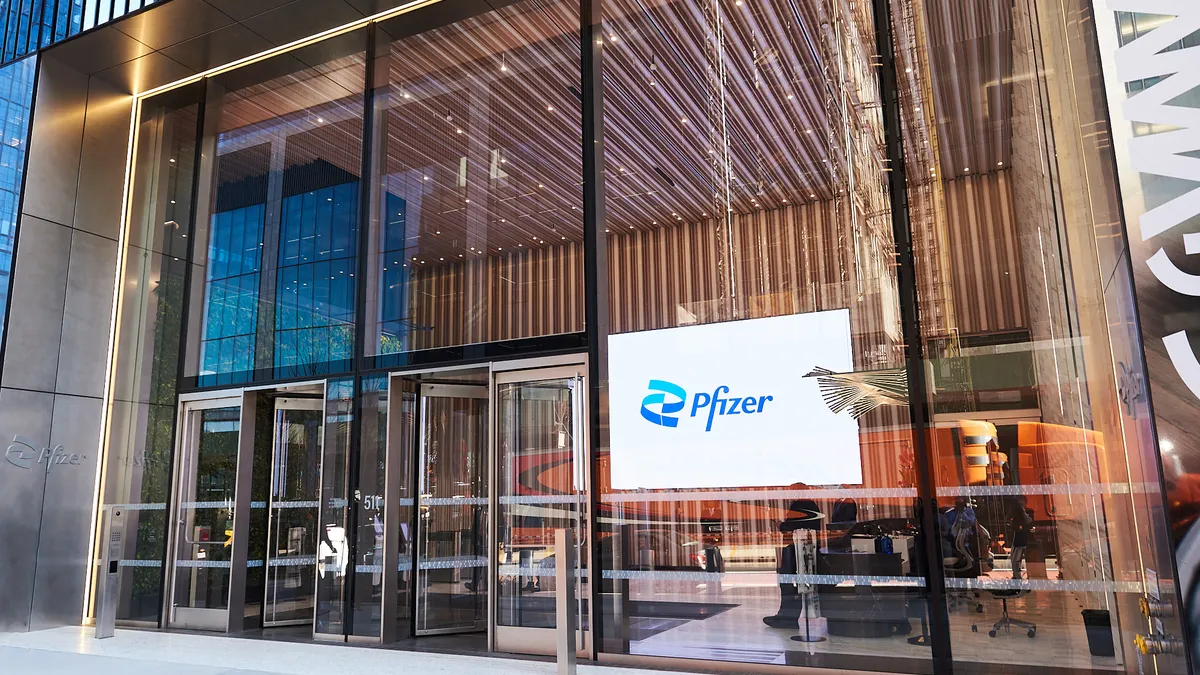Lawmakers in Washington share U.S. drugmakers’ angst about being surpassed by China’s fast-progressing biotechnology sector, but aren’t raising alarms over the recent surge in licensing deals for medicines discovered there, according to Pfizer CEO Albert Bourla.
On an earnings conference call Tuesday, Bourla described concern around China’s “emerging superiority” in several areas, including biotech, as one of the “very few things” that unites Democrats and Republicans. However, lawmakers in the Senate and House of Representatives appear more worried about U.S. companies handing technology to Chinese firms than they are about the China-to-U.S. partnerships that have become increasingly common.
“The sensitivity is way more on things that we transfer there than vice versa,” Bourla said. Still, he cautioned drugmakers “need to be careful” because China is “very high on the radar” of U.S. policymakers.
China’s biotech sector has made rapid progress over the last decade, boosted by government support, regulatory flexibility and a skilled workforce that’s launched scores of homegrown companies. Growth has accelerated in recent years, culminating in an frenzy of dealmaking and drug research that’s challenging U.S. leadership in the life sciences.
A report published by the investment bank Jefferies last month found one-third of the money the drug industry spent on licensing deals in the first half of 2025 involved China-originated medicines, compared to 21% in 2023 and 2024 and single-digit percentages before that. Their tally included a multibillion-dollar deal inked with Shenyang-based 3SBio in May for a cancer drug Pfizer sees as critical to its future oncology plans.
On Tuesday’s conference call, Bourla ticked off other indicators of China’s biotech gains: China now rivals the U.S. in clinical trial activity, while Chinese scientists are responsible for a large share of scientific journal publications on CRISPR gene editing and structural biology. Chinese researchers have also filed more patents than their U.S. counterparts this year, Bourla added, which has helped draw private investment to the country’s biotechs.
“This is happening. It’s real,” Bourla said. “I’ve explained all of that to the [Trump] administration.”
Competition from China has heightened pressure on a U.S. biotech industry that’s reeling from a yearslong slowdown in funding. A bipartisan commission in April warned the U.S. could lose its once-decisive edge if it doesn’t direct billions of dollars toward strengthening the country’s biotech sector. It also called for a more proactive government strategy.
“The biotech industry needs to be supported by the government, by Congress,” said Bourla, who also currently chairs the industry lobbying organization PhRMA.
While the Trump administration has made countering China a chief objective, it’s also moved to cut science funding and shrink the agencies that oversee drug companies and research. In Congress, lawmakers have focused on how they might stop data and intellectual property flowing from the U.S. to China, weighing a bill, the Biosecure Act, that would have restricted U.S. biotechs from working with certain China-based contractors. It stalled out last year, however.
The recently passed One Big Beautiful Bill Act provided some tailwind to domestic drugmakers, which can now deduct some R&D expenses immediately rather than amortizing them over several years.
Bourla said that, in his conversations with members of Congress, he didn’t hear any apparent concern over Pfizer’s deal with 3SBio. “I explained that we didn’t give anything,” he said, and that Pfizer instead plans to take 3SBio’s drug, develop it globally and manufacture it in the U.S.
Licensing deals like those pose a different sort of threat to smaller U.S. biotech firms, which often count on partnering with pharma to bring in needed cash and validation. More helpful to U.S. biotech might be new policies to speed drug development, which currently proceeds far more quickly and at a lower cost in China.
“You won't slow them down. They are very good,” Bourla said, of China’s biotech companies. “What we can do is to focus to be better than that, and that should be our goal.”
Food and Drug Administration Commissioner Martin Makary has floated multiple ideas to accelerate development, among them phasing out animal testing for certain medicines and using artificial intelligence to assist with reviews.



